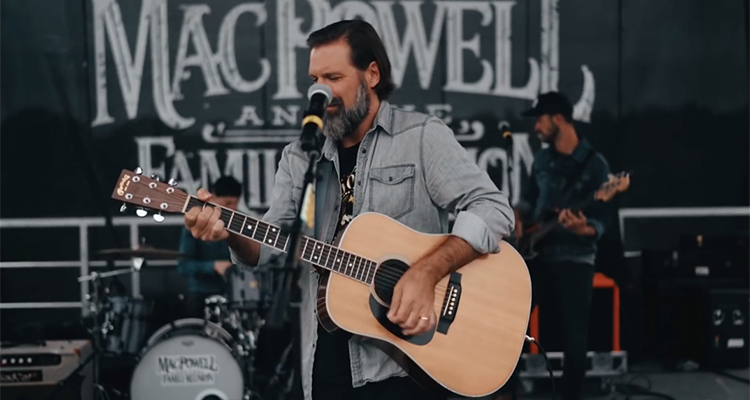

He stayed with Barden for three months before leaving to join John Mayall’s Bluesbreakers. He played bass in several amateur bands before being invited by the keyboard player Peter Bardens to play lead in his band, Peter B’s Looners, in 1966. Though he left school aged 15 to train as an apprentice butcher, music was his passion. He first became interested in the guitar aged 10 when one of his brothers brought home a Spanish guitar, which Peter eventually inherited. The great blues guitarist BB King, one of Green’s heroes, whom he had originally set out to emulate, would say of Green: “He has the sweetest tone I ever heard he was the only one who gave me the cold sweats.” Critics praised the understated brilliance of his singing and the liquid brilliance of his guitar playing and the pure tone he could coax from his 1959 Les Paul guitar.

Green seemed to have everything – looks, talent and a dazzling career ahead of him. Both Oh Well and Man of the World reached No 2 in 1969. These included Black Magic Woman, which later became a massive hit for Carlos Santana, and Albatross, the dreamy instrumental which went to the top of the charts in 1968 and has featured as the soundtrack of numerous surfing and wildlife films. In 1969, Green’s band, Fleetwood Mac, sold more albums than the Beatles and the Stones combined, and in its first three years the group’s best-known hits were all written by Green.

Peter Green, who has died aged 73 was, alongside Eric Clapton, widely regarded as the foremost white blues guitarist of his generation, although he became equally famous as rock’s second-most notable LSD casualty (after Pink Floyd’s Syd Barrett).


 0 kommentar(er)
0 kommentar(er)
